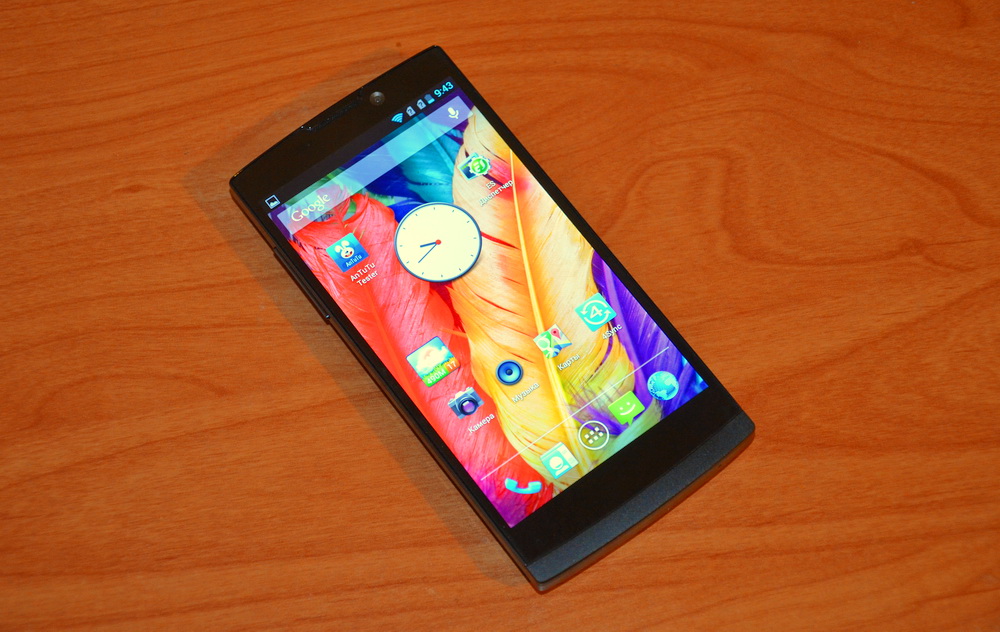Today is World AIDS day. Whatever you do to count down to Christmas, spare a thought for countless HIV-positive individuals would give anything they owned to be cured in the next 24 days. AIDS is at present incurable, and severely weakens the immune system, making the victim open to a deadly cocktail of diseases and cancers that ordinarily the immune system prevents. Imagine living in a crowded slum environment where even getting the ‘flu could result in deadly pneumonia…
In 2000, the United Nations met at the Millennium Summit to discuss a set of goals that they sought to achieve by 2015. These are the ‘Millennium Development Goals’, and Goal 6 is entitled, ‘To combat HIV/AIDS, malaria, and other diseases’, which sought, by 2015, to end the spread of HIV. As the deadline is looming, progress has been made in that rate of new inflections per 100 adults has reduced 44% between 2001 and 2012. However, with 1% of the population aged 15-49 in Sub-Saharan Africa still being newly infected with HIV in 2012, to say that the spread of HIV is going to be ended by 2015 is wishful thinking at best.[1]
One obstacle to combatting HIV, oddly enough, ties in well with today being ‘Cyber Monday’, a celebration of computer science. Many forms of virus research require computerised models that take up incredible processor capacity, and so the research is limited by the speed of supercomputers. Furthermore, running supercomputers costs a staggering $1000 per hour for just part of one – if that were the case with this article, it’d have cost me thousands! Thus, research is compromised by computer speeds and funding.
Yet computer consultants have found an innovative solution to this issue – they can now, by the download of an Android app, run critical computer models on our very own smartphones. This gives access to a low-cost and very powerful processing potential, which, together with a similar scheme on PCs, incredibly reduced research time on the tropical disease schistosomiasis from 30 years to one year! The scale of these computerised tasks is beyond anything the world so far has known, but by the generosity of smartphone users, they become relatively simple. Imagine: your phone could make the very connection that is instrumental to an effective cure for AIDS… [2]
The power of human cooperation and innovation, at very least, is a reassurance and inspiration that things really can change for the better, breaking down the pessimism often associated with attempts to end poverty. We now know we are able to make a difference, and thus we have the responsibility to leave our pessimism behind and use the opportunities presented to us to change the world. Furthermore, why limit this to AIDS? Numerous other ‘neglected tropical diseases’ are often even easier to treat, as is the case with leprosy. The key, as demonstrated by smartphone users working together and whole idea of the UN Millennium Summit, is indubitably international cooperation. This hinges on breaking down international prejudice and discrimination, and, as part of the human race, the responsibility for this comes down to us. How can we, this World AIDS Day, show radical acceptance of people from all backgrounds? It seems that this loving acceptance that is key to changing the world.
Image credit: Sergey solom
[1] ‘The Millennium Development Goals Report 2014’, http://www.undp.org/content/dam/undp/library/MDG/english/UNDP_MDGReport_EN_2014Final1.pdf, accessed 28 November 2014.
[2] ‘When you’re not using your smartphone, scientists can now use it to fight AIDS’, http://money.cnn.com/2013/08/07/technology/innovation/aids-smartphone-app/, accessed 28 November 2014.
